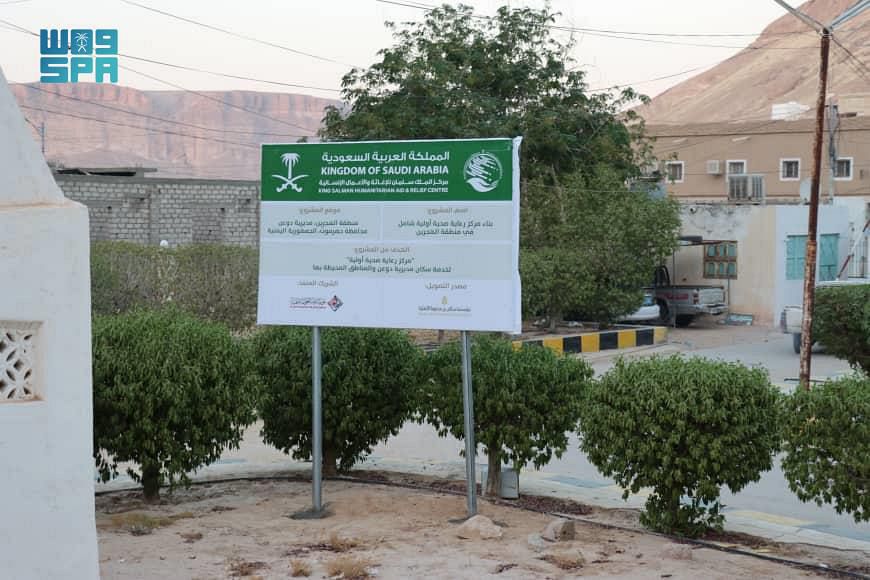
The much-anticipated talks in Sweden between Yemen’s internationally recognized government and Houthi militias have ended, with both sides agreeing to deescalate tensions in Hodeidah and Taaz, reopen Sanaa airport, swap prisoners of war, and take part in discussions within a certain framework that will be a roadmap for future negotiations and consultations.
UN Secretary-General Antonio Guterres last Thursday announced that the two sides had arrived at an agreement on Hodeidah port and city. Under the deal, neutral forces would be deployed to the city and a cease-fire would be imposed across the province, recognized as the main entry point to Yemen for imports and aid. According to the terms of the deal, the UN will manage the port and supervise redeploying forces there, while local forces will help support law and order.
Trade transactions in the port fell by half over the past two weeks due to lack of security in the city. Most of the goods that are supplied to Yemen, including essential aid and commercial items for Yemenis, enter via this port.
Despite the ambiguity shrouding some of the details included in the draft agreement, which could rekindle tensions in the next few days, we can be optimistic about the deal reached so long as the Houthis abide by its terms. This could be the first step toward restoring stability and security in Yemen by rehabilitating its status as a functioning state after the Houthis effectively hijacked and paralyzed it over the past four years.
The deal was concluded not because the Houthis seek to spare bloodshed and end the war, but due to the increasing political and military pressure imposed on them by the Yemeni government backed by the Arab Coalition.
It is also clear that the deal would not have been concluded without the US, whose continued pressure on Iran politically and economically is in the interest of Yemen and its stability. This will ultimately lead to the region being purged of Iran-backed militias.
All eyes will now be on the Houthis to see whether they commit to the new agreement or violate it as they did the preceding ones. There are also concerns that they may use the breathing space given by the agreement to reorganize their ranks after successive battlefield setbacks and regain strategic locations they once controlled.
The upcoming phase is more important than what has been accomplished so far. Committing to the deal, and avoiding any attempts to get around it using different justifications, will be the most challenging issue in the next few weeks.
The deal on Hodeidah port and city, Al-Saleif and Ras Eisa places great responsibility on the shoulders of influential actors operating in Yemen. The UN and the international community bear responsibility in forcing the Houthis to lay down their arms, act as a legitimate political faction, renounce cross-border affiliations and act in complete harmony with the Arab, historical and cultural context in Yemen.
It is important to develop something similar to the Marshall Plan to rehabilitate Yemen socially, politically and economically.
Dr. Mohammed Al-Sulami
The Yemeni government bears immense responsibility in unifying Yemenis, saving the country from its current standing as a failed state, and serving the national interest rather than tribal, partisan, material or sectarian ones, which have been prioritized by all factions.
It is too early to speak of any role for Gulf states before creating a unified national government in Yemen. But it is important to develop something similar to the Marshall Plan to rehabilitate the country socially, politically and economically as part of a comprehensive reconstruction plan. This will happen with the help of international donors, and be followed by granting Yemen membership of the Gulf Cooperation Council (GCC).
Many may believe that it is too early to discuss the mechanisms of this integration, but it is vital to do so, to send a message of reassurance to Yemeni society to create a state of optimism and belief in a better future. This will let internal differences be resolved, build confidence and ensure commitment to the current agreement.
Several scenarios could occur in the coming period. First, the deal could be a starting point for a comprehensive national reconciliation, despite the enormous nature of the mission and the tiring of all the parties involved. It is also possible that the situation may explode at any time if the Houthis exploit the cease-fire as an opportunity to reorganize militarily, particularly given the foreign support they receive via Hodeidah port.
The UN administration supervising the port may not have the necessary resources to do so, allowing the Houthis to infiltrate it and pursue their policy of attrition against the forces supporting the government.
The UN representative to Yemen has indicated that Yemeni factions have agreed to discuss the political framework in the coming round of talks that will be held in January. Until then, let us remain optimistic about peace, despite the possibility that it may be temporary, in order for Yemen to return to being blessed, as it always was.
Dr. Mohammed Al-Sulami is head of the International Institute for Iranian Studies (Rasanah). Twitter: @mohalsulami
Disclaimer: Views expressed by writers in this section are their own and do not necessarily reflect Arab News" point-of-view









